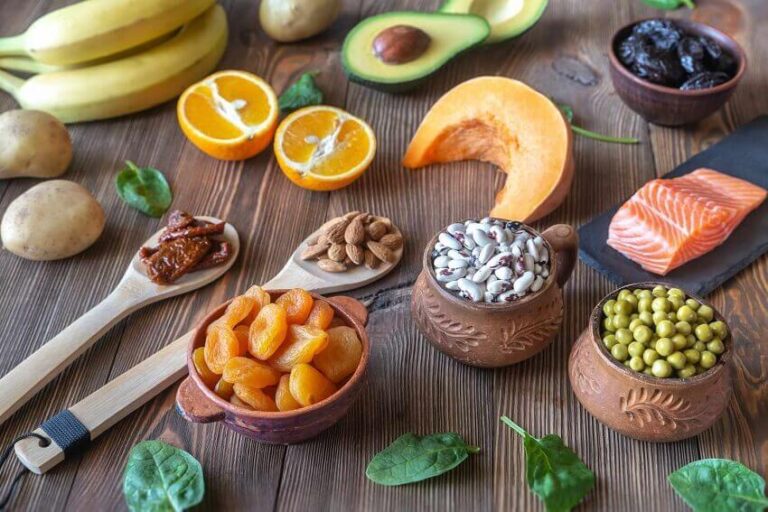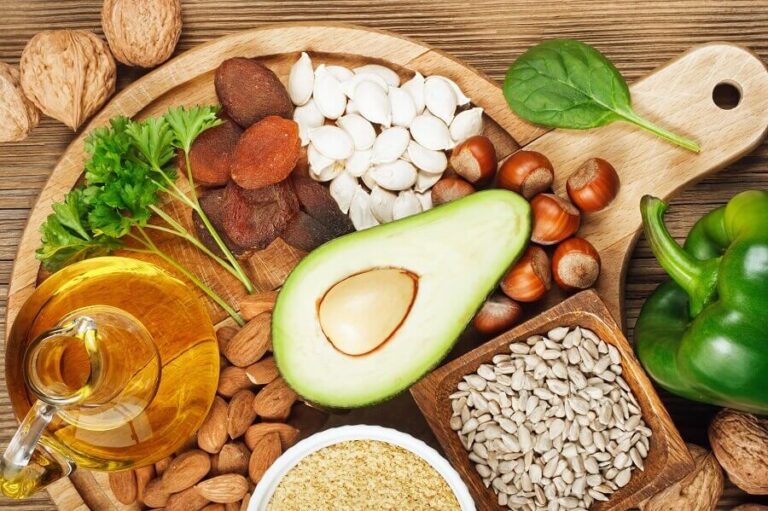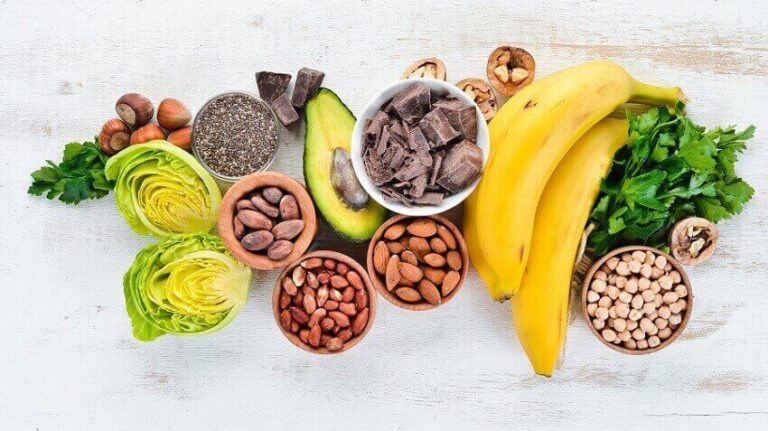Electrolytes are involved in many essential processes in your body.
Electrolytes serve to conduct nerve impulses, contract muscles, keep you hydrated, and regulate the pH levels of your body.
Therefore, you must get an adequate amount of electrolytes in your diet to keep your body working as it should.
This article analyzes electrolytes in detail, what they are for, what are their side effects, benefits and contraindications. What food sources and supplements are there?
What are electrolytes?
Electrolyte is the word used to describe particles that carry a positive or negative electrical charge.
In nutrition, the term refers to essential minerals found in the blood, and other parts of the body.
When these minerals dissolve in a fluid, they form electrolytes, positive or negative ions that can be used in metabolic processes.
Examples of electrolytes found in your body are:
- Sodium
- Potassium
- Chloride
- Football
- Magnesium
- Phosphate
What are electrolytes for?
Electrolytes are necessary to maintain vital functions of the body. Without these compounds in the body it is impossible to maintain the functioning of the nervous system, the muscles and the water balance of the cells.
So what do electrolytes do? These important minerals are involved in a number of metabolic processes, all of which are essential for health.
An electrolyte imbalance can have serious consequences, such as muscle weakness, confusion, and fatigue.
Some of the possible benefits and functions of electrolytes in the body are:
- Regulation of fluid balance
- Promote nerve and muscle function.
- Improve heart health
- Improving bone strength
- Maintain brain health.
RELATED:
Electrolyte sources and how much you need per day
How to replenish electrolytes to maintain your ideal levels? One of the simplest and most effective methods to obtain electrolytes is to follow a healthy diet and consume foods and sources that contain them. For example: fruits, vegetables, beans, nuts, and seeds.
These foods are not only rich in natural electrolytes, but they also provide a number of other essential nutrients for your body, including vitamins, minerals, fiber, and antioxidants.
Here are some of the best sources of electrolyte foods, plus the recommended daily allowance for each:
- Calcium 1,300 milligrams / day – Sources: yogurt, kefir, raw milk, cheese, canned sardines, green leafy vegetables, kale, almonds
- Sodium: no more than 2,300 milligrams / day – Sources: cottage cheese, salt tablets, pickles, olives
- Phosphorus: 1,250 milligrams / day – Sources: red meat, fish, poultry, dairy, nuts, seeds, legumes
- Magnesium: 420 milligrams / day – Sources: nuts, seeds, dark chocolate , avocados, whole grains, beans.
- Potassium: 4,700 milligrams / day – Sources: plantain or banana , potatoes, spinach, lentils, beans, beets, nuts.
- Chloride: 2,300 milligrams / day – Sources: table salt, seaweed, tomatoes, celery, olives
Electrolytes on the ketogenic diet
Those on a ketogenic diet should also consider their intake. This is because ketosis can increase how often you urinate, causing certain nutrients, including electrolytes, to be removed from the body more quickly.
Ensuring you’re getting enough keto electrolytes can help minimize keto flu symptoms , such as headaches, fatigue, and mood swings.
An electrolyte test can help measure your levels and assess kidney function. If you think you might have an imbalance, talk to your doctor about getting tested and determining the best course of treatment for you.
RELATED: Ketogenic Diet for Beginners
Electrolyte supplements
Generally, your body can regulate electrolytes efficiently and keep them at the correct levels.
But in some circumstances, such as during bouts of vomiting and diarrhea where electrolyte losses are excessive, supplements can be helpful.
The amount you need to consume will depend on your losses. Always read the instructions on over-the-counter supplements.
Also keep in mind that unless you have low electrolyte levels due to excessive losses, supplementation can cause abnormal levels and possibly illness or side effects.
In summary, it is best to consult your doctor first before taking electrolyte supplements.
Contraindications and side effects
Although most people can meet their needs for these key minerals through healthy food sources, some groups need to be especially mindful of their intake to avoid health side effects.
If you are taking medications such as diuretics or laxatives or have health problems such as kidney problems or heart failure, your doctor must monitor your electrolyte levels carefully to avoid an imbalance.
The containdications and side effects of an excess of electrolytes depend on each one. So making a general list is not possible.
ABSTRACT
Electrolytes are minerals that carry an electrical charge when dissolved in water.
These compounds serve to maintain your nervous system, muscles, and overall healthy health.
If you eat a balanced diet that contains good sources of varied foods, supplementation is generally not necessary.
Most people meet their electrolyte needs through a balanced diet, although an imbalance can occur if you are dehydrated, ill or overheated.
People on a ketogenic diet should take in a higher amount of electrolytes.







